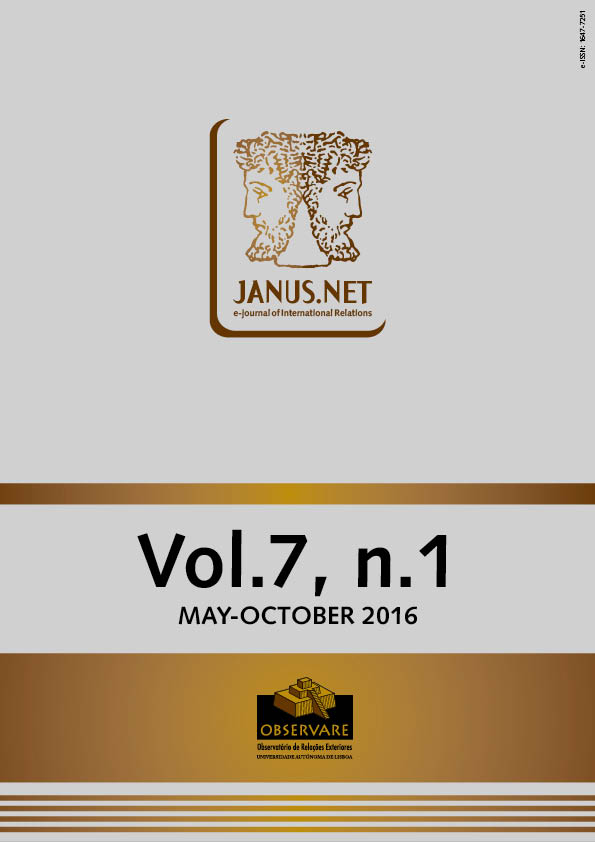The end of the Cold War changed the paradigm of the role and scope of military force in the management and resolution of conflicts. With increasing intervention by the international community, the new generation of peacekeeping operations has adopted a multidimensional approach to military force to be used in coordination with other instruments of power, ensuring a proper strategic framework considering the desired end state. This new approach and the increasing complexity of conflicts, predominantly intrastate in nature, have led on the one hand to understandings of the traditional principles of peace operations being addressed, and on the other to military forces facing diverse challenges. The most complex is related to the effective use of combat capabilities, as it seems that there is a lack of political will, after making the deployment of forces, to ensure their effective use. However, the effective use of force being the most critical element, but simultaneously more differentiating and characterising of the use of the military instrument, the management and resolution of conflicts has elevated the range of capabilities of military forces that goes beyond traditional capabilities combat, showing themselves useful in support, complement or replacement of non-military capabilities.
THE USE OF MILITARY FORCE IN THE MANAGEMENT AND CONFLICT RESOLUTION
Degree in Military Sciences (Infantry) at the Military Academy, currently performs military advisory functions, Office of the Minister of National Defence, in the 21st Constitutional Government (Portugal). He served in various units of the armed forces, where he played roles in the operational components of peace support operations in Kosovo, 1999-2000 and 2005; evacuation of nationals in Guinea and Congo (1998), and vocational education and training. He was a professor at the Institute of Military Higher Studies in education of operation areas, performing advisory functions and training in Angola (2008-9) and Mozambique (2009). He served as Operations Officer and Trainer of Intervention Brigades (after 2010, Coimbra), being appointed Commander of the 1st Infantry Battalion of the Intervention Brigade (2012). He was an advisor in the Office of the Minister of National Defence in the nineteenth and twentieth Constitutional Governments. Master's in Peace and War Studies in New International Relations, Universidade Autónoma de Lisboa, and is qualified through the course of Information and Security Specialisation (Institute of Social Sciences and Politics) and the course Operations of Peace and Humanitarian Action, taking part in the International Visitor Leadership Programme in the United States, in the area of conflict resolution. He is the author of Resolução de conflitos – o papel do emprego do instrumento militar and co-author of A luta armada timorense na resistência à ocupação 1975-1999. He is a doctoral candidate in International Relations at the Faculty of Social and Human Sciences from the Universidade Nova de Lisboa.
Resumo
Palavras-chave
Como citar este artigo
Oliveira, António (2016). “The use of military force in the management and resolution of conflicts.” JANUS.NET e-journal of International Relations, Vol. 7, Nº. 1, May-October 2016. Consulted [online] on the date of last visit, http://hdl.handle.net/11144/2621
Article received on 8 February, 2016 and accepted for publication on 13 March, 2016















